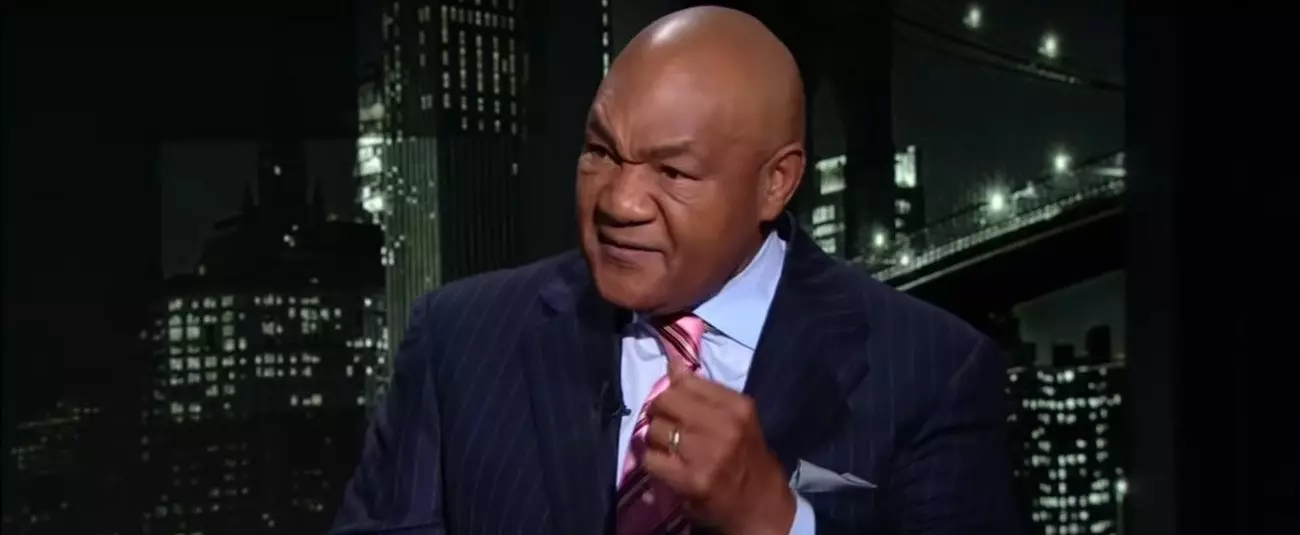In September 1987, boxing took a significant turn as heavyweight icon George Foreman marked his third comeback against Bobby Crabtree, known as “The Fighting Hillbilly.” Foreman’s return was not just another fight; it challenged the perceptions of age and resilience in a sport often dominated by the young. At 38, Foreman re-emerged in the boxing world, a prospect that left many skeptical yet intrigued. Crabtree, a fighter with a record of 56-35-1 (51), bore the unique honor of facing Foreman during this pivotal moment. Their bout became an unforgettable testimony to both the physical capabilities and mental tenacity inherent in the sport.
Throughout their showdown, Crabtree pushed Foreman to his limits, showcasing the gritty determination that embodies the essence of boxing. For many, Foreman’s legacy serves as a symbol of perseverance, but Crabtree’s own account reveals an intricate relationship between the two boxers. Crabtree’s recollections of their fight encapsulate an acute awareness of the surreal nature of competition. Their interaction highlighted how professional conflicts can forge what feels like camaraderie, even if it exists only within the confines of the ring.
Memories of a Fierce Competition
In a candid reflection, Crabtree expressed his profound sadness upon hearing of Foreman’s passing, marking an end to not just a remarkable career, but also an era in boxing history. “It was very sad news. He was like my buddy, but when we got in the ring, he forgot who I was,” Crabtree humorously admitted. This duality of friendship and fierce competition highlights the often-overlooked emotional aspects of boxing. Athletes frequently find themselves in positions where personal relationships must be paused, making space for pure rivalry and survival instincts.
Crabtree’s fight with Foreman was significant not just for its physical challenges but for its psychological impact. Foreman’s acknowledgment of Crabtree pushing him to rethink his comeback ambitions points to the mental vigor that these seasoned fighters possess. “There were moments I hit him with some good shots,” Crabtree recalled. “But that pissed him off!” Such insights illuminate the unpredictable nature of hand-to-hand combat, while simultaneously illustrating the respect and unspoken bond shared between fighters, even amidst their fierce clashes.
The Hallmarks of Greatness
When asked about Foreman’s standing among the titans of heavyweight boxing history, Crabtree unequivocally placed him at the pinnacle. His rationale wasn’t purely based on statistics, but also on the visceral experience of witnessing a fighter reclaim his glory. “Here’s a man who won the world heavyweight title at 45. So many people have got so much respect for him,” he noted, encapsulating the admiration many have for Foreman’s endurance and spirit.
The layers of their match extend beyond a simple win-loss narrative. Each fighter’s journey reflects broader themes of resilience, respect, and an unabated love for the sport. For Crabtree, facing a legendary opponent like Foreman would always resonate as one of the highlights of his extensive career, which he emphasized with a tinge of pride.
The Fighter’s Path
Crabtree’s reflections on his broader career reveal a journey laden with trials and tribulations. “Oh, I had a lot of fights, I had 92 of ’em,” he stated with a mix of nostalgia and pride. From thrilling victories to painful loses, each chapter of his boxing life formed in him a deeper understanding of his limits and capabilities. Whether it was a memorable knockout against King Ipitan or surviving the painful blows dealt by Michael Dokes, each fight carried significance. Crabtree’s raw honesty about the physical toll and the emotional aftermath of boxing adds depth to the understanding of what it means to be a professional fighter.
Beyond his physical strength, Crabtree’s insights emphasize the vulnerability that followers of the sport seldom see. He bravely confronted injuries and was forthcoming about ongoing health issues, underscoring the sacrifice that comes with pursuing glory in such a physically demanding profession. The humanness of Crabtree shines through, revealing an individual shaped not solely by victories and defeats, but by what they mean on a personal level.
Legacy and Reflection
In the wake of Foreman’s passing, Crabtree’s memories serve as echoes of a transformative period in boxing. As he navigates the complexities of grief and gratitude, his desire to attend Foreman’s funeral represents a poignant connection to the man behind the gloves. Such moments remind us of the profound ties that exist within the boxing community—relationships forged through sweat, blood, and an unattainable quest for greatness.
Crabtree’s reflections transcend mere nostalgia; they encapsulate the heart and soul of boxing. As the sport continues to evolve, it is essential to remember the warriors who carried its legacy, showcasing a blend of talent, emotion, and resilience that defines what it means to be a fighter.


Leave a Reply